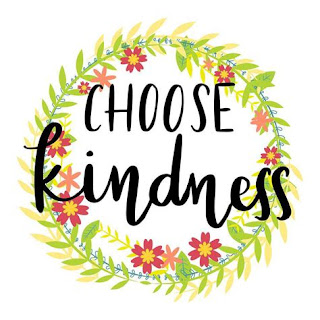Echelbarger, M., & Epley, N. (2023, April 4).
psyarxiv.com
Abstract
Prosociality can create social connections that increase well-being among both givers and recipients, yet concerns about how another person might respond can make people reluctant to act prosocially. Existing research suggests these concerns may be miscalibrated such that people underestimate the positive impact their prosociality will have on recipients. Understanding when miscalibrated expectations emerge in development is critical for understanding when misplaced cognitive barriers might discourage social engagement, and for understanding when interventions to build relationships could begin. Two experiments asking children (aged 8-17, Experiment 1; aged 4-7, Experiment 2) and adults to perform the same random act of kindness for another person document that both groups significantly underestimate how “big” the act of kindness will seem to recipients, and how positive their act will make recipients feel. Participants significantly undervalued the positive impact of prosociality across ages. Miscalibrated psychological barriers to social connection may emerge early in life.
Public Significance Statement:
Prosociality tends to increase well-being among those performing the prosocial action as well as among those receiving the action.And yet, people may be somewhat reluctant to act prosocially out of concerns about how another person might respond.In two experiments involving children (4-7 years old), adolescents (8-17 years old), and adults, we find that people’s concerns tend to be systematically miscalibrated such that they underestimate how positively others will respond to their prosocial act. The degree of miscalibration is not moderated by age. This suggests that miscalibrated social cognition could make people overly reluctant to behave prosocially, that miscalibrated expectations emerge early in development, and that overcoming these social cognitive barriers could potentially increase well-being across the lifespan.
General Discussion
Positive social connections are critical for happiness and health among children, adolescents, and adults alike, and yet reaching out to connect with others can sometimes be hindered by concerns about how a recipient might respond. A growing body of recent research indicates that people consistently underestimate how positively prosocial actions will make a recipient feel, meaning that social cognition may create a misplaced barrier to social connection(Epley et al., 2022). Two experiments using a novel kindness procedure indicated that miscalibrated expectations arise early in development. In our experiments, children as young as 4-7years along with adults underestimated how much their recipient would value their prosocial act and feel positive afterwards. Psychological barriers to prosocial behavior appear to emerge early and persist into adulthood.
This may seem somewhat surprising given that experience with prosociality would presumably calibrate expectations. However, people can learn from their experience only when they have experience to learn from. Expectations that encourage avoidance may keep people from having the very experiences that would calibrate their expectations(Epley et al., 2022). In addition, people may not recognize the positive impact they have had on another person even after going through an interaction with them. Strangers who have just had a conversation tend to underestimate how much their partner actually liked them (Boothby et al., 2018), another social cognitive bias that has recently been documented in young children over age 5 as well (but not among 4-year-olds; Wolf et al., 2021). These results suggest that even if the givers in our experiments had been able to interact with their recipient while performing their act of kindness, they may still not have been able to recognize how positive recipients felt. Future research should examine how people do, or do not, learn from their experiences in ways that could maintain miscalibrated social expectations, and also examine outcomes across a range of other prosocial acts and among a larger sample of children and adolescents than we studied here.
